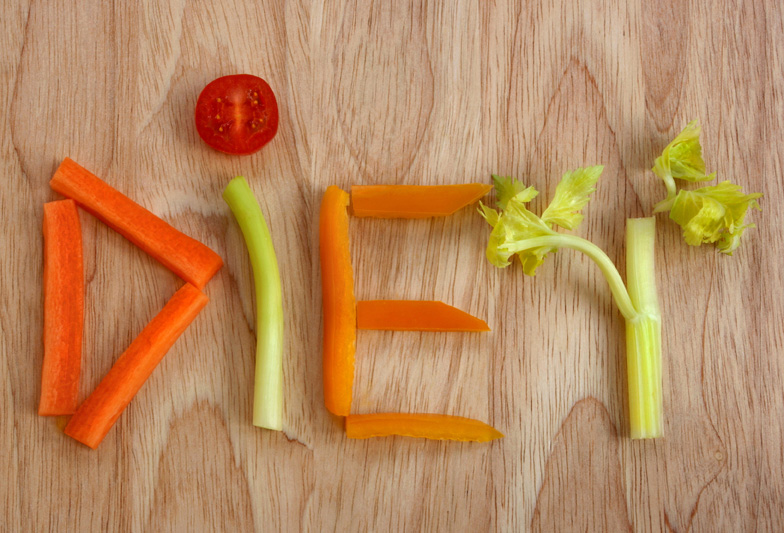There are a million diets out there. Some of the most common are gluten-free diets, low carb diets, vegan diets, and many more. A choline-rich diet is not as common as other diets, however it is highly critical for your mental health and cognitive performance.
Since nootropics focus on enhancing cognitive function, having enough organic compounds like choline, helps maintain, repair, and improve brain health and functioning. Choline is found in many foods, as it is critical for mental performance.
[sc:Choline-Bitartrate ]
What is Choline?
Choline is a water soluble nutrient, which is related to the B complex vitamins. Although our bodies can naturally make small amounts of choline, we rely on our diet and supplementation. It plays a vital role in many internal systems, especially within the brain.
Choline increases cholinergic activity, due to its role in acetylcholine synthesis. When levels of acetylcholine are low, individuals generally experience inattention, decreased mental energy, and difficulty recalling memories.
The main benefits associated with choline supplementation include:
- Prevention of headaches (especially when taken in a stack with a racetam)
- Better memory recall
- Improved learning ability
- Higher levels of mental energy
- Improved mood
- Counteracts insomnia, allowing individuals to improve REM sleep
- Increase focus and concentration
- Reduces symptoms of ADD and ADHD
How Our Bodies Utilize Choline
The most important role of choline is aiding in the production of acetylcholine. Acetylcholine is a neurotransmitter that relates to verbal reasoning, mental clarity, memory, response to stimuli, and the ability to recall.
Although acetylcholine is commonly related to cognition, it is also involved in many other vital functions. Your organs, such as the heart and intestine, rely on acetylcholine. The same is true for your muscles. Any muscle you move requires a signal of acetylcholine in order to contract.
The Dangers of Being Choline Deficient
Although we have access to so much fresh food, many people are still deficient in choline. There have been estimates as high as 90%, regarding the percentage of the population that’s deficient. Over the years, our diets have changed. Modern diets highly differ from ancient consumption.
Choline helps maintain healthy brain cells. When you do not consume enough choline, your brain suffers in terms of plasticity. This means, you’re less able to form new connections. When new connections are not able to form, memory, mental clarity, and reasoning all suffer. Choline deficiency may also be linked to more severe conditions, such as Alzheimer’s.
Although more research needs to be conducted, we know that Alzheimer’s is related to an aging brain. As the brain ages, less synaptic connections are formed, due to hardened tissue. Meaning, choline may help counteract the untreatable symptoms that are associated with Alzheimer’s.
How Can I Get More Choline?
There are two ways in which you can consume choline. The first is the foods you eat. Various foods are high sources, which should be incorporated into a balanced diet. The other option is through supplements. These are becoming more and more popular amongst the nootropics community.
Food Sources
Before you can increase your consumption, you need to know which food items are rich in choline. The good news is, choline-rich items can be found in any local grocery store. Some of the highest options are; beef liver, shrimp, eggs, salmon, peanut butter, turkey, collard greens, milk, and wheat germ.
Sure, all of these items are fairly common, so what’s the issue? Well, majority of people are not consuming enough. The recommended daily dose for men is 550 mg, while women should consume 450 mg daily. To put this into perspective, 3 ounces of liver will provide 350 mg of choline.
Ancient diets were more likely to support this recommended amount of choline. You would need to eat 1 to 2 servings of beef liver everyday in order to reach the recommended dose. No one wants to eat that much liver, so try and incorporate as many different sources into your diet. Vegetarians tend to struggle, as many high choline sources are meat-based.
If you’re vegetarian, focus on the following items:
- One quart of milk = 175 mg
- A pound of spinach = 113 mg
- A cup of wheat germ = 200 mg
- Two cups of form tofu = 142 mg
- A pound of cauliflower = 177 mg
Supplements
If you find that it’s too challenging to get enough choline in your diet, then there are a number of great supplements available. When you’re researching choline supplements, make sure you focus on the bio-availability. There are different forms, which is why you want a supplement that can cross the blood-brain barrier.
For example, choline citrate provides positive effects, however it can not access the brain via the blood-brain barrier. The most beneficial supplements are precursors to Phosphatidylcholine. This is a chemical that provides neural cells with the choline they need. Your best options are Alpha GPC and Citicoline.
Choline bitartrate is one of the most common forms sold, but it is the lowest in quality. It is poor at crossing the blood-brain barrier. The same is true for choline citrate and choline chloride. Since choline needs to be converted into a lipid before crossing the blood-brain barrier, anything that is a salt version, isn’t ideal for acetylcholine production.
Citicoline is more potent and more effective. Due to its lipid structure, it’s able to cross the blood-brain barrier. In fact, it’s so effective that many countries use this supplement as a treatment for ADHD and Alzheimer’s. Not only does it improve memory, but it increases energy levels and focus.
Alpha GPC is considered the best option for acetylcholine conversion. It is also faster acting in comparison to Citicoline. It is known to have a powerful effect on intellect, reasoning, and memory. Be careful with dosing, as you only need a small dose in order to benefit from its effects.
